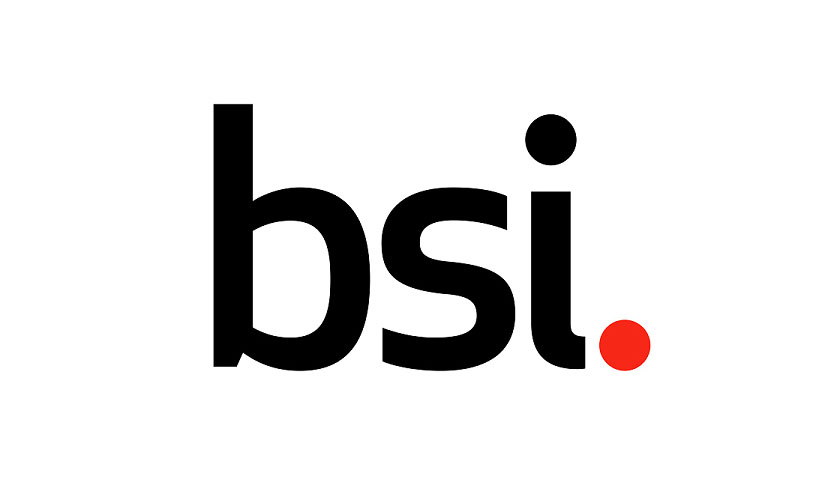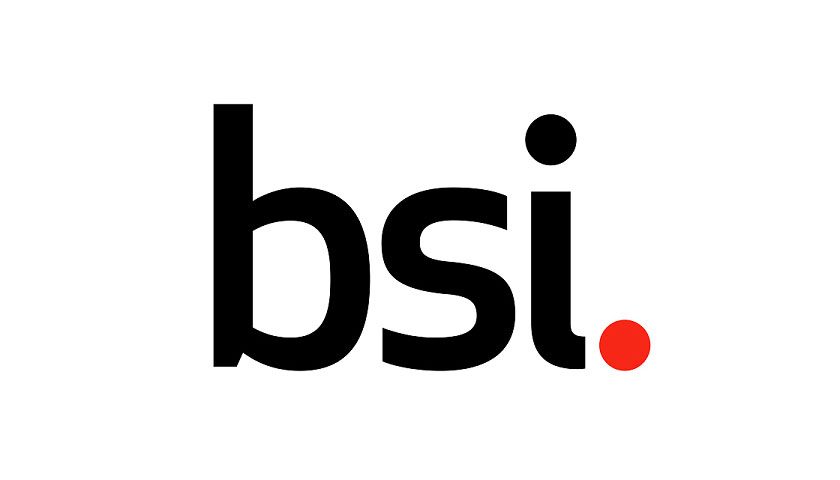BSI, the business improvement company, has published the first standard on climate adaptation, BS EN ISO 14090 Adaptation to climate change – Principles, requirements and guidelines. It offers a framework that enables organizations to give appropriate consideration to climate change adaptation when designing and implementing policies, strategies, plans and activities.
Organizations are facing the physical, financial, regulatory and reputational impacts of climate change. How they respond is scrutinised by investors, consumers and the media alike. No matter the sector that the organizations operate in, they are increasingly held accountable for their impact on, and response to, climate change.
BS EN ISO 14090 is the first in a range of ISO standards in this area and aims to help organizations assess climate change impacts and put plans in place for effective adaptation. The standard sets out how organizations can prioritize and develop effective, efficient, specific and deliverable adaptations which will increase resilience and demonstrate robust and credible risk management, amidst the impact of climate change.
The standard’s approach is relevant to all sizes and types of organizations whose activities, products and services might be at risk from, or in some cases able to take advantage of the opportunities posed by, climate change. It is for those who implement climate actions and for decision makers who want to understand climate risks and how these are being managed.
Application of this standard can demonstrate to interested parties that an organization’s approach to climate change adaptation is credible. It has been designed to help organizations develop measures and report on adaptation activity in a verifiable way. It is also relevant for use across the value chain as well as to decision makers involved in purchasing, investment and insurance who wish to understand their, or others’, climate adaptation actions. Implementation also enables users to directly contribute to the United Nations’ Sustainable Development Goal on climate action (SDG 13).
David Fatscher, Head of Sustainability Sector at BSI said: “There has never been such pressure on organizations to demonstrate that they are acting responsibly to mitigate their impact on the environment, whilst also showing foresight in adapting to climate change. This summer, the UK has witnessed rail tracks buckling in a July heatwave and the Whalley Bridge dam at risk of collapse due to sustained rainfall in August. Adaptation to such extreme weather is always cheaper than recovery and future-fit businesses need to focus on being climate resilient.
“BS EN ISO 14090 helps organizations to proactively address this challenge by guiding them in developing appropriate measures and reporting on adaptation activity in a verifiable way.”
John Dora, Co-Convenor of the working group that developed the standard said: “Climate change impacts such as unexpected weather and temperature changes can have a significant effect on an organization’s bottom line if they are not prepared for it, causing infrastructure damage or disruption to their business. Organizational decisions are made on the basis of risks and opportunities, so understanding resilience is useful across the value chain such as in purchasing, investment and insurance.”
UK stakeholders who participated in the development of BS EN ISO 14090, included representatives from the Department for the Environment, Food and Rural Affairs, Environment Agency, Institute of Environmental Management and Assessment, Institution of Civil Engineers and the Met Office.


